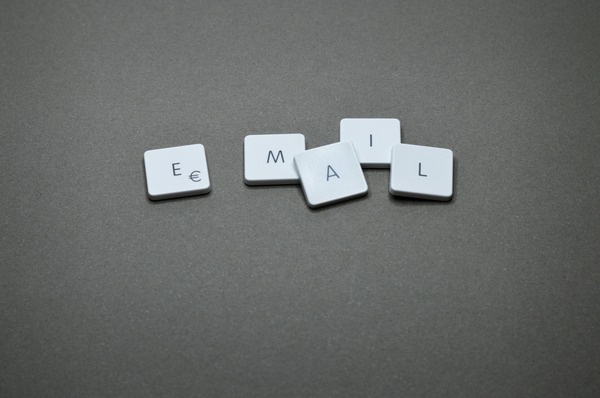Email marketing is a strategic approach used by businesses to communicate with their audience directly through emails. It involves sending targeted messages, promotions, updates, or newsletters to a subscriber list. Unlike social media or paid advertising, email marketing allows brands to reach people where they check daily — their inbox. When done correctly, it builds strong customer relationships, drives conversions, and keeps your brand top of mind.
Why Email Marketing is Important
Email marketing is one of the most cost-effective digital marketing channels available. It provides direct communication, which means your message lands right in front of your potential or existing customers without algorithms interfering. It plays a crucial role in nurturing leads, promoting products or services, and increasing customer retention. With the right timing, message, and personalization, email marketing helps businesses stay relevant and connected.
Moreover, it allows you to segment your audience based on interests, behaviour, and demographics, ensuring each subscriber receives content tailored to their needs. This level of customization can significantly boost engagement rates and brand loyalty.
Benefits of Email Marketing
Email marketing offers several advantages for businesses of all sizes:
- High ROI: With minimal investment, businesses can see a substantial return compared to other marketing channels.
- Audience Segmentation: Allows tailored messaging for different segments based on behaviour, location, and interests.
- Measurable Results: Track open rates, click-through rates, and conversions to improve your campaigns.
- Automation: Set up welcome emails, follow-ups, or abandoned cart reminders automatically to stay connected 24/7.
- Direct Engagement: Stay in touch with customers in a personal and timely manner.
- Boosts Brand Awareness: Frequent and valuable emails help keep your brand in the minds of your audience.
All of these benefits contribute to a more personalized, effective marketing strategy that focuses on long-term relationships.
Email Marketing Expert Team
A successful email marketing campaign is more than just sending messages — it requires planning, strategy, and skilled execution. This is where an expert email marketing team comes in. A professional team ensures that every campaign is well-crafted, targeted, and optimized for maximum engagement.
An expert team typically includes:
- Strategists who plan the campaign goals, messaging tone, and audience targeting.
- Copywriters who write compelling content to boost open and click rates.
- Designers who ensure emails are visually appealing and mobile-responsive.
- Automation Specialists who set up workflows, A/B testing, and lead nurturing sequences.
- Analytics Experts who interpret campaign data to refine future strategies.
By working with a dedicated team, businesses can ensure their emails are not just read — but acted upon.
Final Thoughts
Email marketing remains a powerful tool in any digital strategy. It’s direct, customizable, and highly effective when executed with purpose and precision. Whether you’re nurturing new leads or retaining loyal customers, email marketing allows you to build deeper connections, increase conversions, and grow your business.
With the support of a skilled email marketing team, you can deliver consistent value to your audience and maintain a strong presence in their inbox.
FAQs
Q1: How often should I send marketing emails?
A: It depends on your audience, but generally 1–4 times per month is effective. Monitor engagement to find your ideal frequency.
Q2: Is email marketing still effective in 2025?
A: Yes, email marketing remains one of the highest ROI channels, especially when personalized and targeted correctly.
Q3: What tools are commonly used for email marketing?
A: Popular tools include Mailchimp, Convert Kit, and Active Campaign, all offering automation and analytics features.
Q4: Can I do email marketing without a large contact list?
A: Absolutely. Start small with quality contacts and grow your list organically through website signups, offers, and content.
Q5: What’s the difference between email marketing and spam?
A: Email marketing is permission-based, meaning recipients opted in. Spam is unsolicited and often violates data privacy laws.









